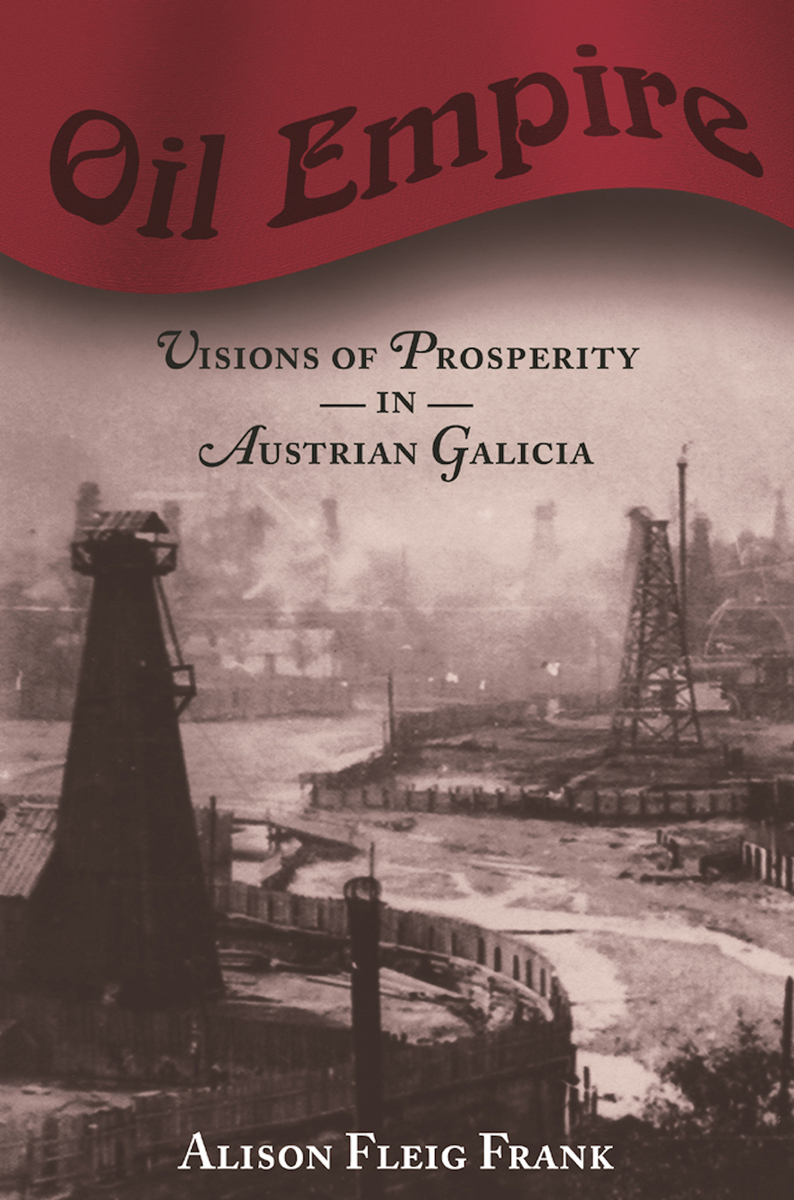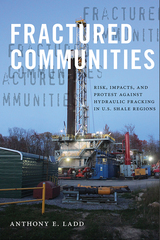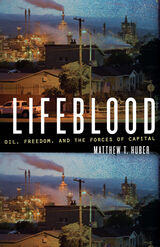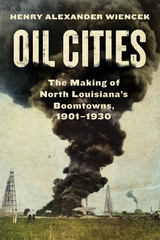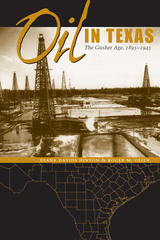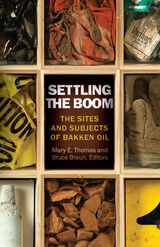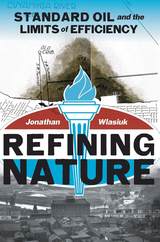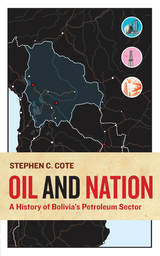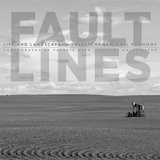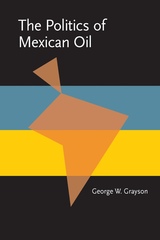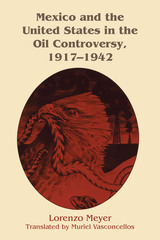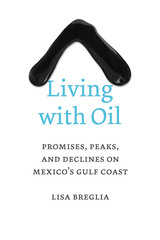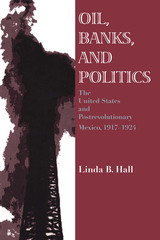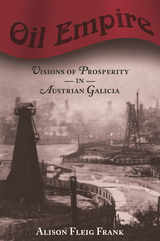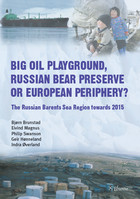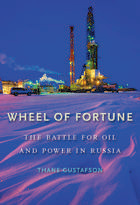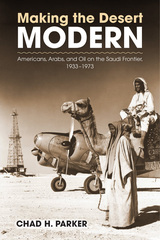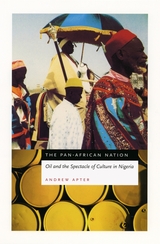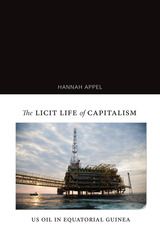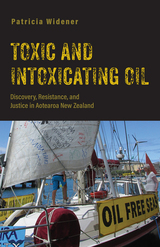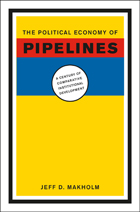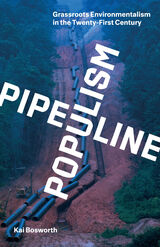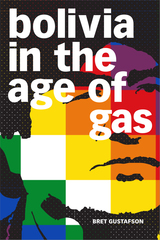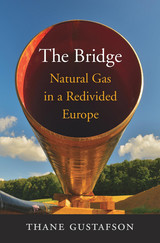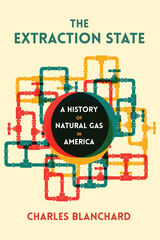Combining social, political, and economic history with great aplomb, Oil Empire greatly enriches the history of an understudied region. Frank skillfully engages the bewildering patchwork that was Galicia. Poles battled Ukrainians, Catholics persecuted Jews, agrarian nobles fought bourgeois modernizers, socialists rose and fell, German-speaking civil servants tried to lord it over everyone, and hordes of peasants emigrated to other lands. The imperial center alternately clashed with and ignored the provincial periphery. Frank has constructed a balanced narrative, a sophisticated analysis, and a very persuasive argument.
-- Thomas K. McCraw, editor of Creating Modern Capitalism
In this riveting account, Alison Frank deftly brings to life the dramatic world of the Galician oil industry in imperial Austria. Her vivid portrait examines the conflicting efforts of a strange collection of characters indeed--mad scientists, wildcatters, Galician aristocrats, Habsburg bureaucrats, foreign investors, and dueling nationalists--to appropriate the earth's riches to serve their various ambitions. The results transformed an 'Austrian El Dorado' into a living hell on earth.
-- Pieter M. Judson, Swarthmore College
Oil Empire is a significant and original contribution that situates economic development in its cultural, social, environmental, and political settings. The book will interest scholars of economic history, history of the oil industry, nationalism studies, Central European history, and environmental history.
-- Catherine Albrecht, University of Baltimore
[Frank's] pioneering and sophisticated book is the fruit of patient archival digging in five languages, a comprehensive command of the relevant literature, and cross-disciplinary, collegial interaction. It integrates technology and business into political, social, and economic history and proves that treasures may lie in forgotten episodes of the past...Frank sets out to explain 'why oil did not make Galicia rich' and achieves a fascinating account of oil producers, worker-peasants, government bureaucrats, landowners, and an assortment of others, often unsavory characters whose economic motives varied even within their respective groups and whose identities were overlaid with multiple ethnic, religious, linguistic, and geographic markers.
-- Karen J. Freeze Enterprise and Society
Whatever one's views about the merits of regulation, in theory or in practice, Frank deserves to be thanked for piecing together this fascinating story from archives in half a dozen countries, thus opening a new dimension to our understanding of Galicia that has languished far too long almost exclusively in the literary domain.
-- Lothar Höbelt International History Review
This book is a good read. Not only is the material absorbing, but Frank often phrases things in refreshing ways. It is an important work for those interested in the history of the Habsburg monarchy, Poles and Ukrainians, and the oil industry.
-- John-Paul Himka American Historical Review
Frank's fascinating book conducts a historical excursion to those oil fields [of eastern Galicia]--through the ages of their economic rise, boom, decline, and collapse--and she offers a richly insightful analysis of how the program for the development of the oil industry ultimately failed to bring economic prosperity to remedy the proverbial misery of Galicia...Frank's work offers a multifaceted understanding of the oil industry, not only in its social, political, and economic aspects, but also in terms of technology, nationality, and culture...[An] important book. Oil Empire--full of vivid accounts, sharp insights, and provocative questions--will compel historians to reflect on the multiple dimensions of imperial, national, and provincial history in central Europe.
-- Larry Wolff Central European History
Alison Frank takes "a little known curiosity"--the Galician oil boom of the late nineteenth and early twentieth centuries--and has written of it one of the boldest and most original histories of East Central Europe to appear in a long time. Frank weaves a marvelous tale about a commodity bubbling up from under the earth's surface...and the myriad characters "who hoped to use oil to achieve a certain goal."...It is, in sum, a madcap history of modernity from the fringes of the Hapsburg Monarchy.
-- Maureen Healy Austrian Studies Newsletter
